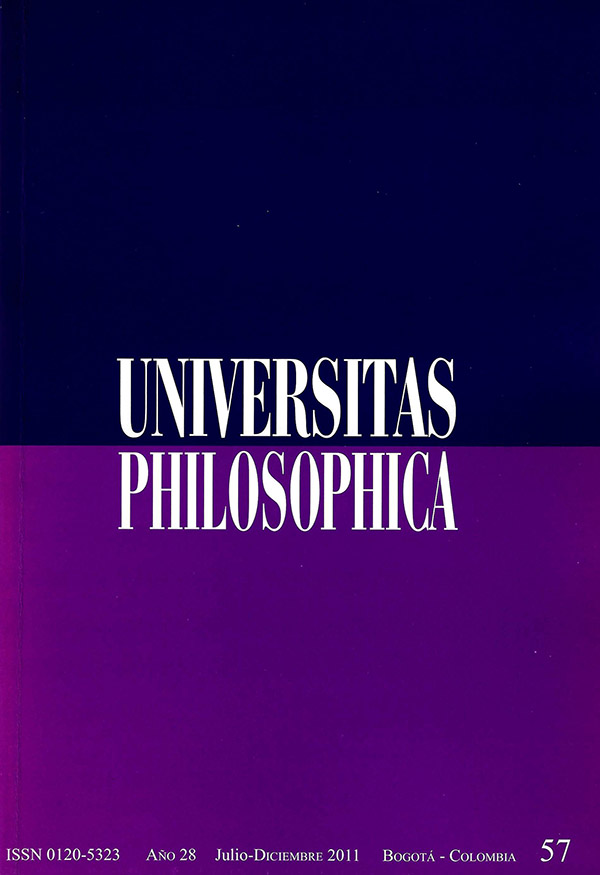Resumen
Algunos autores sostienen que la investigación histórica es un producto de un contexto historiográfico específico (Jenkins, 1991; González de Oleaga, 2009). En este artículo se propone una aproximación al debate historiográfico entre los partidarios del modelo constructivista y el reconstructivista. Se presentan dos tesis. La primera es que dicho debate está profundamente relacionado con cuestiones epistemológicas (estudio de las representaciones mentales, desarrollo de concepciones distintas sobre las funciones del razonamiento histórico, sesgos cognitivos y falacias discursivas). La segunda tesis es que cada corriente historiográfica es el resultado de asumir una perspectiva propia acerca de dichos problemas epistémicos. Como una evidencia de ello se analiza la conexión entre historiografía y epistemología comparando el debate reconstructivismo vs constructivismo con el debate epistemológico detectivismo vs constitutivismo (Finkelstein, 2003).
Esta revista científica se encuentra registrada bajo la licencia Creative Commons Reconocimiento 4.0 Internacional. Por lo tanto, esta obra se puede reproducir, distribuir y comunicar públicamente en formato digital, siempre que se reconozca el nombre de los autores y a la Pontificia Universidad Javeriana. Se permite citar, adaptar, transformar, autoarchivar, republicar y crear a partir del material, para cualquier finalidad (incluso comercial), siempre que se reconozca adecuadamente la autoría, se proporcione un enlace a la obra original y se indique si se han realizado cambios. La Pontificia Universidad Javeriana no retiene los derechos sobre las obras publicadas y los contenidos son responsabilidad exclusiva de los autores, quienes conservan sus derechos morales, intelectuales, de privacidad y publicidad.
El aval sobre la intervención de la obra (revisión, corrección de estilo, traducción, diagramación) y su posterior divulgación se otorga mediante una licencia de uso y no a través de una cesión de derechos, lo que representa que la revista y la Pontificia Universidad Javeriana se eximen de cualquier responsabilidad que se pueda derivar de una mala práctica ética por parte de los autores. En consecuencia de la protección brindada por la licencia de uso, la revista no se encuentra en la obligación de publicar retractaciones o modificar la información ya publicada, a no ser que la errata surja del proceso de gestión editorial. La publicación de contenidos en esta revista no representa regalías para los contribuyentes.


